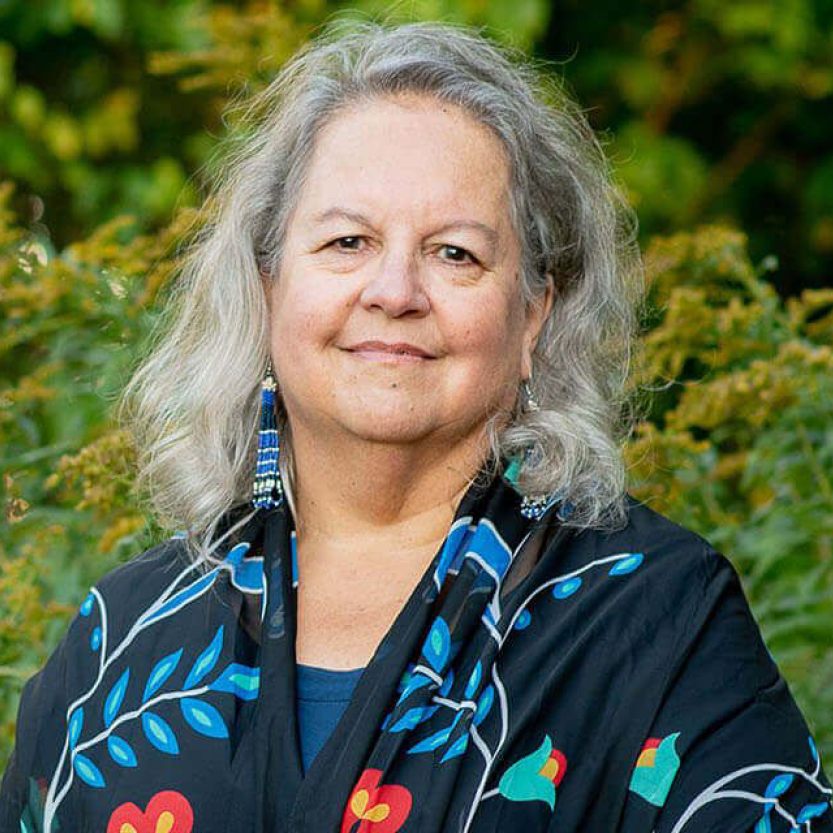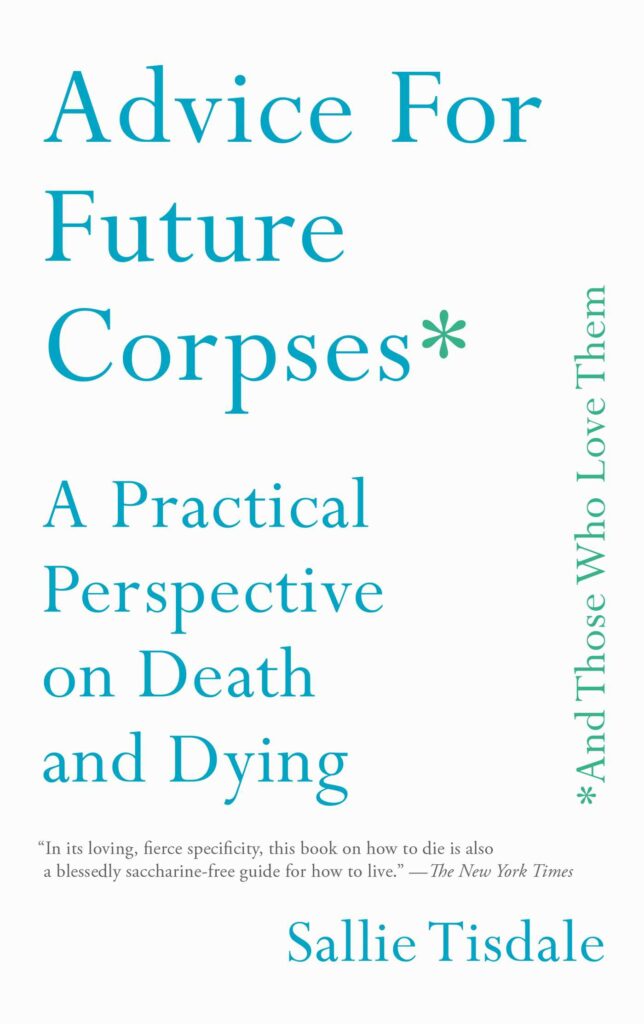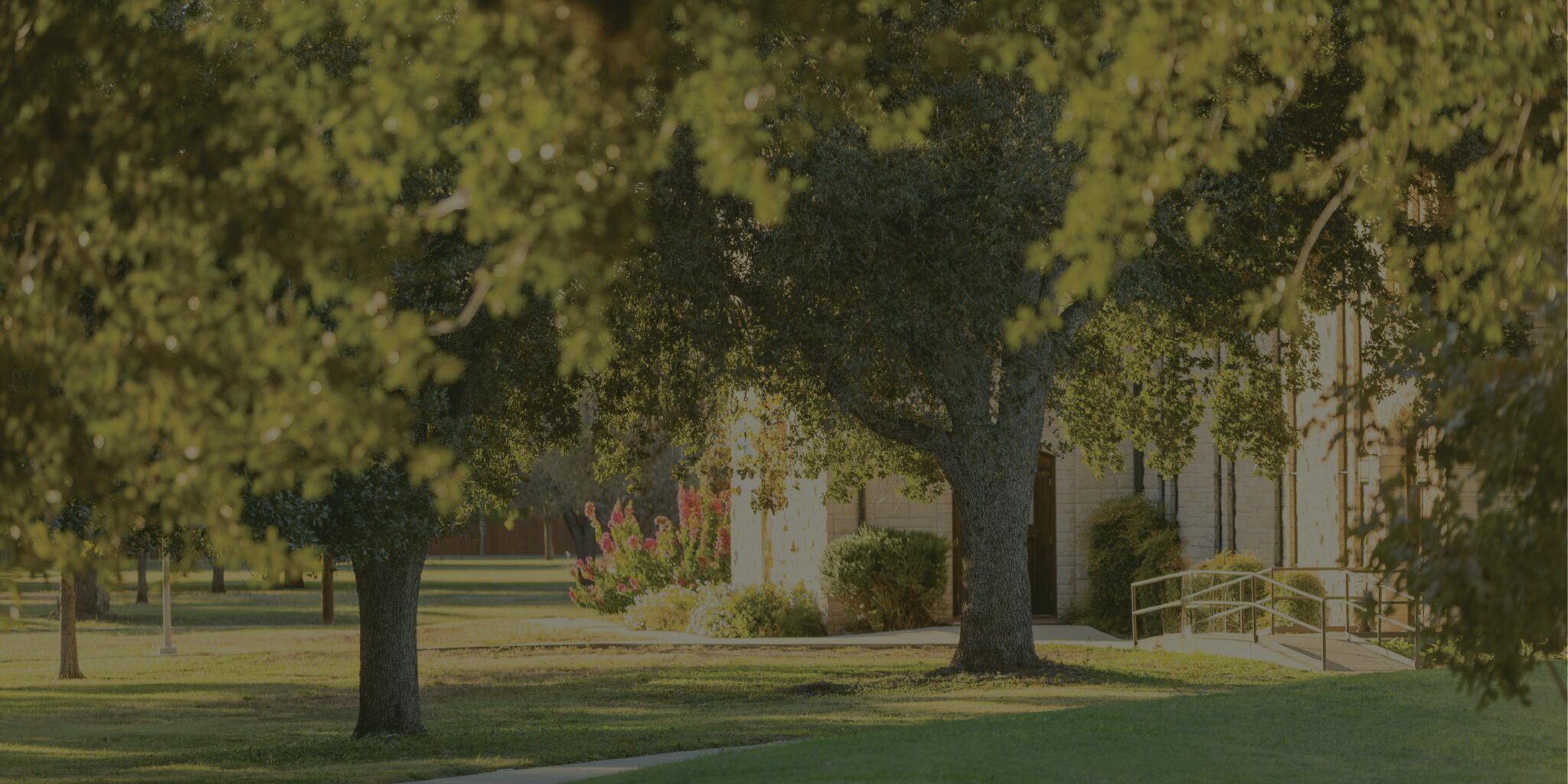By Daniel Meyers
NetVUE Chaplaincy Planning Initiative and Online Community Coordinator

What kind of scarcity are you thinking about most as we start a new academic year? Is it a scarcity of students enrolling at our institutions? A scarcity in the budget? A scarcity of the number of hours in each day or week? Entering this new year—especially after the extremely challenging period for higher education that we’ve faced during this past spring and summer—I imagine many colleagues in higher education are prone to see much of the road ahead through a lens of scarcity. This is real, pervasive, and challenging. I offer this reflection—recognizing all campuses and colleagues are in unique situations—in the spirit of encouraging myself and those around me to not lose the language of abundance.
The idea of abundance has kept coming up for me this summer. Looking at my garden, I am filled with regret and awe … and questions: What will I do with so many tomatoes and a mint plant that has taken over every corner? It started so neatly in May, and now I have a jungle. Where is the cucumber plant? Is the basil under all that mint? My garden has sparked reflections on two themes about abundance that I hope might be useful to others: an economy of reciprocal gifts and a radical commitment to the present.

Robin Wall Kimmerer, author of Braiding Sweetgrass, published an essay in Emergence Magazine in the fall of 2022 titled “The Serviceberry: An Economy of Abundance” (in advance of her 2024 book The Serviceberry: Abundance and Reciprocity in the Natural World). In the essay, she observes that nature can teach us the value of a reciprocal gift economy, as opposed to a market economy. Rather than turning everything into a commodity that has value by the nature of its scarcity, she wonders, what would happen if we based our economy on an abundance that we shared? Serviceberries, just like my tomatoes, produce an abundance of fruit with the hope that something will come along and eat them: a gift! The gift also benefits the serviceberry because the more berries that are eaten, the more seeds that are spread through—ahem, natural causes—and the more serviceberry plants that will grow. This is a reciprocal gift economy.
Kimmerer is, of course, posing questions that apply well beyond a single college campus. Nevertheless, the question is still a good one: what do the contributions of your area of campus have in abundance? And what can you offer from that abundance—not as a commodity, but as a gift with the intent of reciprocal mutual benefit? In my own garden, I can fixate on the scarcity of my cucumbers and basil, or I can see the abundance of my tomatoes and mint and become curious about how to give those away towards positive ends. Reading Kimmerer’s essay this summer sparked my hope in rescuing the language of abundance for our work in higher education. As participants in very local institutional economies, we can have an outsized role in shaping them.

As insightful as Kimmerer’s thoughts are in focusing on an abundance of fruit as the outcome of our labor, we can also recognize abundance in the present, even before we experience the fruit. What happens when we focus on the planting, on the present moment? “One of the central ideas of our lives is that there will be a tomorrow,” writes Sallie Tisdale. In her book Advice for Future Corpses (And Those Who Love Them), she argues that even though we should be aware that there might not be a tomorrow, “of course we plan anyway; there’s no other way to live than to plant seeds and wait for the fruit … The trick comes in planning next summer … while knowing that next summer is not promised to anyone.” A life well lived might be a life that plants the seeds for abundance fully aware it might not see the harvest. This is not a new idea. Anyone who has worked on systemic change—or any casual observer of Moses, for that matter—is aware that we often work towards goals that we might not see realized. But in seasons like our own—in which scarcity prevails—we might do well to shift our focus away from the future to the present. After all, today is here and tomorrow is not promised. Perhaps my vocation is animated in this season by making contributions, not out of a strategic response to scarcity to maximize an outcome, but out of a love for doing the things that are right and good to do—even if I never see the outcome.
What kind of abundance are you thinking about most as we start the coming academic year? A program offering, the talents and skills among your colleagues, the energy within your student body, or perhaps a deep list of community partnerships and relationships you have built? Whatever you observe in the garden that is your campus, I hope you feel invited to see what you already have in abundance, what you can give in partnership with others, and what seeds to plant in response to the calling of the present day.

To report a technical problem with the website, or to offer suggestions for navigation and content issues, please contact Alex Stephenson, NetVUE communications coordinator, at astephenson@cic.edu.



